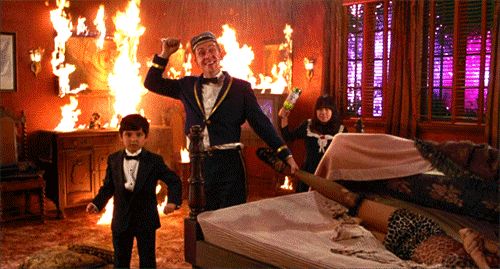This reminds me of the relative importance of the source versus speakers debate. Garbage in, garbage out, yes. But reproduced sound reaches its full potential when a great system is properly set up in a great room.
It is trivial to point out that everything matters. What is difficult is determining the relative value of the parts. I learned of the importance of the front end when I upgraded my turntable, arm, and cartridge and was shocked at how much better the system sounded. However, I don't think I would have appreciated the value of that upgrade had it not been for Jim Smith setting up my speakers and listening position in my room prior to the upgrade which allowed me to better appreciate the amount of improvement.
I understand both Frank's and Steve's arguments. Mike knows from his own experience the relative values of his NVS/Durand/Anna/active isolation front end vs. the Evolution Acoustics super speaker back end, just as he knows the value of the whole system versus the importance of the room's evolution. Steve has his own history and set of experiences with switching from digital to analog vs. the big Wilsons and the move to a dedicated and designed room. (Also significant from what I have read is Steve's experimentation with cables, power conditioning and isolation devices, and "simplifying" with ddk's guidance). Frank clearly places priority on the sorting out of electronics. From this, everything else flows.
I think our claims about relative importance of these elements is highly dependent on our own audio journeys and specific experiences with our own systems. For me, it is very fluid and often dependent upon what I will learn next which may change my mind again. It is such a fascinating hobby.







